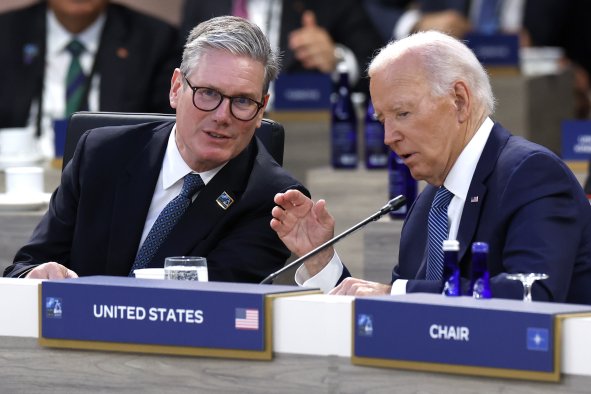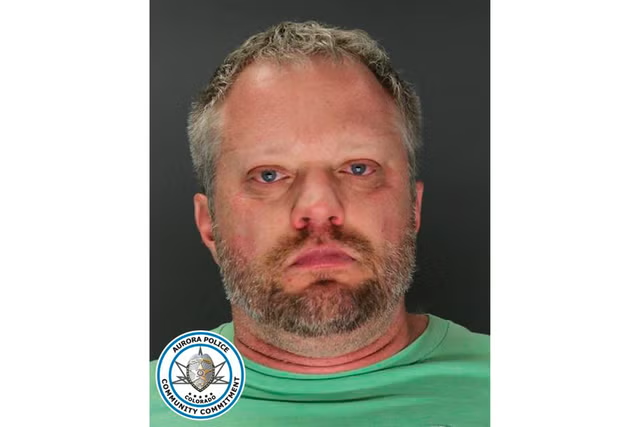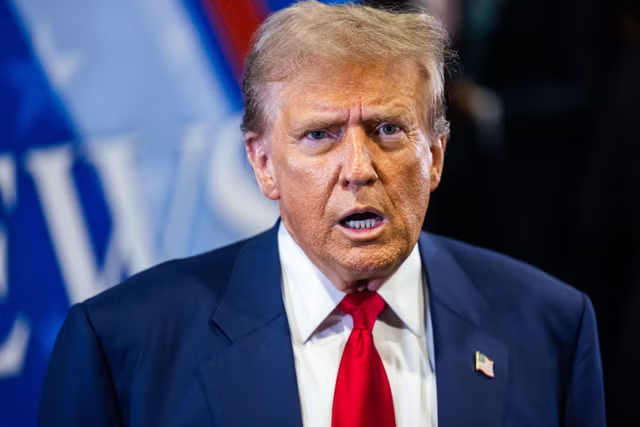Russia has announced that it is expelling six British diplomats following accusations of espionage.
President Vladimir Putin's Federal Security Service (FSB) confirmed a decision has been made to withdraw their accreditation immediately in response to "numerous unfriendly steps by London."
A report on Russian state TV shows an FSB official explaining the move was due to documents proving the British diplomats were sent to Russia by a division of the U.K. Foreign Office.
The FSB alleges that the unidentified diplomats were involved in intelligence-gathering and subversive activities aimed at weakening the Russian state.
Britain, alongside NATO allies, has played a leading role in supplying arms and intelligence to Ukraine.
Since the war began the UK has committed almost £12.7 billion for Ukraine: £7.6 billion in military support and £5 billion in nonmilitary support.
U.K Prime Minister Keir Starmer fielded questions on the matter en route to visit President Joe Biden in Washington D.C.
Discussions are expected to focus on Ukraine's request to use Western-supplied weapons against targets inside Russia.
Starmer remains adamant that the U.K does not "seek any conflict with Russia."
"Russia started this conflict. Russia illegally invaded Ukraine. Russia could end this conflict straight away," he told reporters.
"Ukraine has the right to self-defense and we've obviously been absolutely fully supportive of Ukraine's right to self-defense—we're providing training capability, as you know.
"But we don't seek any conflict with Russia—that's not our intention in the slightest," he said.
Moscow's relations with the U.K. have been particularly strained in recent years, especially following the 2018 poisoning of former Russian spy Sergei Skripal in Salisbury, England.
The U.K. blamed the attack on Russian intelligence operatives, leading to a diplomatic domino effect of distrust both sides.
The FSB's latest accusations suggest the British diplomats met with independent media outlets and human rights organizations that the Kremlin has labeled as "foreign agents."
Russian state media amplified the allegations, portraying the expelled diplomats as deeply embedded in efforts to destabilize the country.
Foreign Ministry spokesperson Maria Zakharova backed the FSB's claims, issuing a pointed online statement.
"The British Embassy has gone far beyond the limits outlined by the Vienna Conventions," she said, adding that the diplomats were engaged in "subversive actions aimed at causing harm to our people."
Diplomatic expulsions have become a recurring tactic since Russia's full-scale invasion of Ukraine in February 2022.
According to Russian news outlet RBC, more than 1,000 diplomats have been expelled since the invasion began: 670 Russian diplomats have been ejected from Western countries and Japan alone between early 2022 and October 2023.
In retaliation, Russia has expelled 346 Western diplomats during the same period—more than in the previous two decades combined.
Just a few months ago, in May, the U.K. expelled Russia's defense attaché in London, accusing him of being an undeclared intelligence officer.
Britain also closed several Russian diplomatic properties that it said were being used as hubs for spying activities.
This article includes reporting from The Associated Press
Disclaimer: The copyright of this article belongs to the original author. Reposting this article is solely for the purpose of information dissemination and does not constitute any investment advice. If there is any infringement, please contact us immediately. We will make corrections or deletions as necessary. Thank you.



